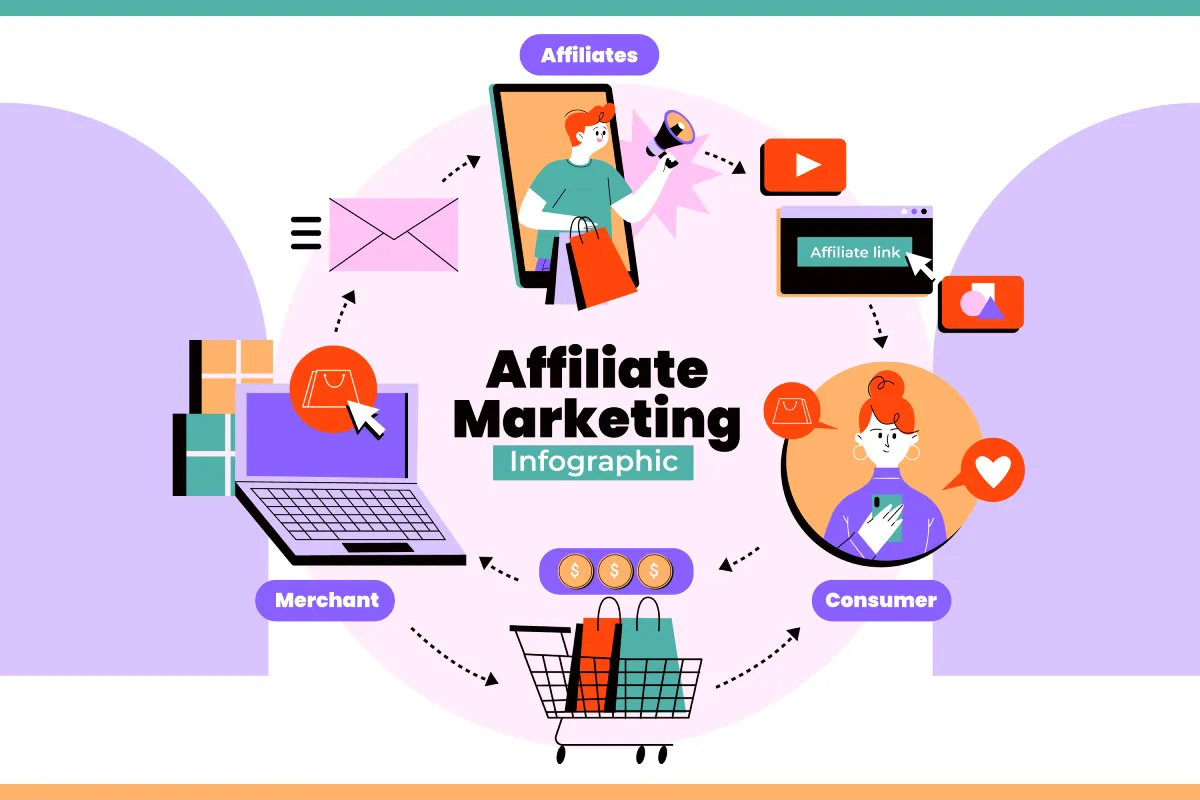B2B Affiliate Marketing: Strategies
Affiliate marketing is often associated with consumer products, but in recent years, the business-to-business (B2B) space has seen tremendous growth in this model. Companies are realizing that affiliates can help them reach new markets, acquire qualified leads, and close high-value deals. Unlike B2C, where purchases are quick and emotion-driven, B2B sales cycles are longer, more strategic, and often involve multiple stakeholders. That’s why building the right B2B affiliate program requires a different playbook.
Why B2B Affiliate Marketing Is Unique
The stakes are higher in B2B. A single lead can result in a multi-year contract, subscription, or enterprise-level partnership. That makes every referral far more valuable than in B2C. However, this also means affiliates must be more credible, knowledgeable, and trusted within the industry they’re promoting.
Instead of focusing on one-time impulse buys, B2B affiliates need to emphasize education, trust-building, and authority-driven content. Whitepapers, webinars, LinkedIn campaigns, and in-depth product reviews often outperform flashy ads in this environment.
Key Strategies for B2B Affiliate Success
1. Focus on Relationship-Driven Affiliates
The best affiliates aren’t just marketers; they’re consultants, thought leaders, or businesses with strong influence in their niche. Partner with affiliates who already have the trust of your target decision-makers.
2. Provide Long-Term Value Content
B2B buyers need detailed information before committing. Offer affiliates resources such as case studies, product demos, and industry research. The more value they can deliver, the stronger the chance of generating qualified leads.
3. Optimize Commission Structures
B2B sales often involve higher deal values and longer conversion timelines. Instead of a flat one-time commission, consider recurring commissions for subscriptions or tiered payouts based on deal size. This aligns affiliate incentives with long-term growth.
4. Use Advanced Tracking and Attribution
Unlike B2C, where purchases are immediate, B2B conversions can take months. Make sure your tracking setup captures the full journey — from first click to final contract — so affiliates are properly credited and motivated.
5. Leverage Technology Platforms
Using specialized platforms like Hyperone or ReferralCandy can make affiliate management more efficient. Features like anti-fraud protection, cookieless tracking, and advanced analytics help keep B2B programs transparent and scalable.
Final Thoughts
A B2B affiliate program is more than a sales channel; it’s a partnership ecosystem. To succeed, companies must think beyond simple link placements and focus on building long-term, trust-based relationships with affiliates. By providing the right tools, fair commission structures, and valuable content, businesses can unlock consistent growth and stronger market positioning.

Leave a Reply